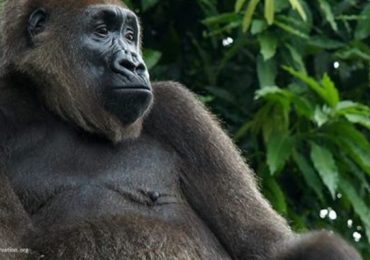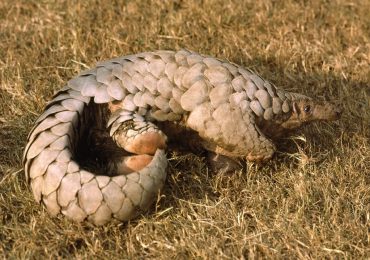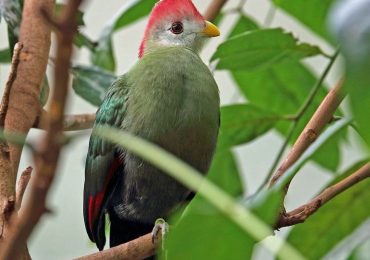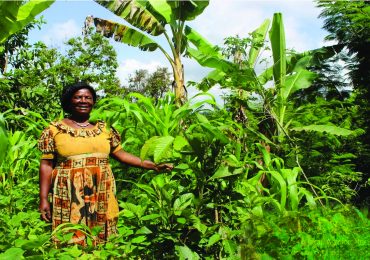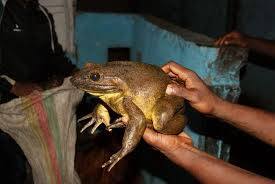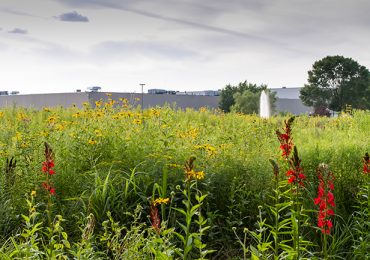Inhabitants of remote areas in several developing countries across the world are still performing traditional practices, like hunting and cultivating crops, to ensure livelihood subsistence. These traditional practices indicate that people are dependent on several forest resources for survival. This is not different with the case of Deng Deng village found in the East region of Cameroon where many locals depend on hunting for survival.
Deng Deng is one of the villages that is closer to the park and fall among the eleven villages surrounding the two-community forest to be created by ERuDeF, and it’s Partner World Land Trust (Deng Deng- Belabo Conservation Corridor Project). In Deng Deng, there are about 3 main restaurants where all of them are involve in the sale of bushmeat. On daily bases, all these restaurants are involved in the selling of different species of bush meat both non-protected species and protected species as well.
To the villagers, bush meat serves as household wealth since it is considered as source of income and a greater source of livelihood to those involved. Also, it’s a source of protein and plays an essential role the people’s diet.
If the villagers continue to hunt without precaution, it may lead to extinction and endangering of species, disrupt migration and hibernation of animals, affect interconnectedness of the ecosystem which goes along way to affect the whole biosphere and also endanger the general wildlife population and their habitats.
In order to reduce the pressure exerted on the forest by the villagers, ERuDeF will do capacity building and awareness creation on the preservation of protected species and also the introduction of other livelihood strategies will be given to farmers such as bee keeping, agroforestry and petti trading.








